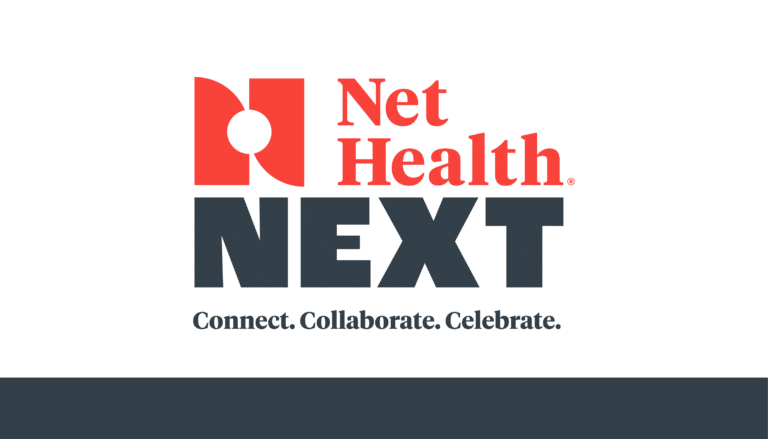March 26, 2020 | Net Health
3 Minute Read
Pivot or Perish: CEO of Occupational Medicine/Urgent Care Clinic at LAX Shares Advice for Adapting to Covid-19 Impact
Before Covid-19 took off in the United States, Reliant Urgent Care, an urgent care clinic with an occupational medicine business based at Los Angeles International Airport (LAX), was processing 550 patients a day. In just a few weeks, Reliant started losing 150 patients a day.
At the same time, Reliant’s employer services dropped by 90% because of staff cutbacks at the hotels and airlines Reliant serves. Additionally, a false rumor that there had been a staff exposure to the virus resulted in employees calling to cancel visits to the clinic.
Reliant Urgent Care CEO Gene Howell realized that he had to act quickly to stop the bleeding and immediately mobilized his staff to make changes to customer service and clinical workflows to adapt to the rapidly changing healthcare environment. “We were thrown into water, and we’re swimming out of necessity,” he says in a webinar presentation on March 25 hosted by Net Health.
In the webinar, Howell shares about the quick changes that his business has made and continues to implement to prevent exposure and reduce patient loss. Demos are given within the webinar that show how Howell’s clinic is using Net Health’s Agility® EMR for telemedicine patients and also to track and report on staff exposures.
Here are just a few of the tips he shares to help leaders of occupational medicine businesses and urgent care clinics:
- Establish strong relationships with public health officials in order to stay on top of developments that can be shared with employers. Reliant met with members of the LA Public Health Department for four hours and as a result, Reliant has a contact they can call at any time, and they are receiving regular updates that they can share with employers.
- Communicate frequently with your clients using proactive outreach. “Be the guide to employers,” Howell says. “They are looking to us to guide them.” Reliant’s connection with public health has enabled them to keep employers informed, which helped gain the trust of employer clients. “Employers had an amazing response to this,” Howell says. “They felt like they were being watched over.” Reliant is sending out emails twice a week. In the webinar, Howell shares an example of an email that includes useful information about the virus and updates on Reliant activities. “You can never communicate too much,” he says.
- Have a plan to screen patients upon arrival. Segregate patients by moving your workers’ compensation and other employee services to other areas. Take the temperature of each patient upon arrival. Mask and isolate patients with symptoms. Promote these changes to your employer clients. “This has been a big hit among the employers in feeling confident that we are protecting the safety of their employees,” Howell says.
- Heavily market and implement telemedicine. Establish a workflow for transitioning patients to telemedicine who are cancelling appointments because they are afraid of exposure. In the webinar, Howell shares the workflows his clinic has implemented for marketing telemedicine and for clinical care. As a result of offering telemedicine as an option, Reliant has been able to successfully engage patients who otherwise would have been patient losses. “I have yet to see somebody not take that alternative,” he says. “They love it.” Howell says he is also getting positive responses from employers asking how to implement telemedicine.
- Leverage your EMR for occupational medicine and employee health. Howell admits that Reliant has not been good about tracking their own medical staff in terms of exposure, vaccines and immunizations. Reliant paid the price when a minor exposure (to measles) that happened shortly before the pandemic resulted in having to pay employees and send them home for five days. When Covid-19 hit, Howell realized that tracking employee exposure had become critical, and he turned to Net Health to help his clinic use Agility’s employee health capability for that purpose. “It doesn’t matter if you have three employees or 500,” he says. “Now is the time to get your house in order.”
“One of the words we often use is ‘pivot’ because if you don’t pivot, you’re going to perish,” Howell says. “In other words, you’ve got to be willing on a daily basis to make those calls based on either a CDC guideline changing, or going into a new line of business, which would be the use of telemedicine. Every day that we’re not willing to make those quick changes … is a day that we’re risking continued loss of patients.”
To learn more from Howell, view the webinar.
Contact:
Connie Mulqueen
678-533-5350





